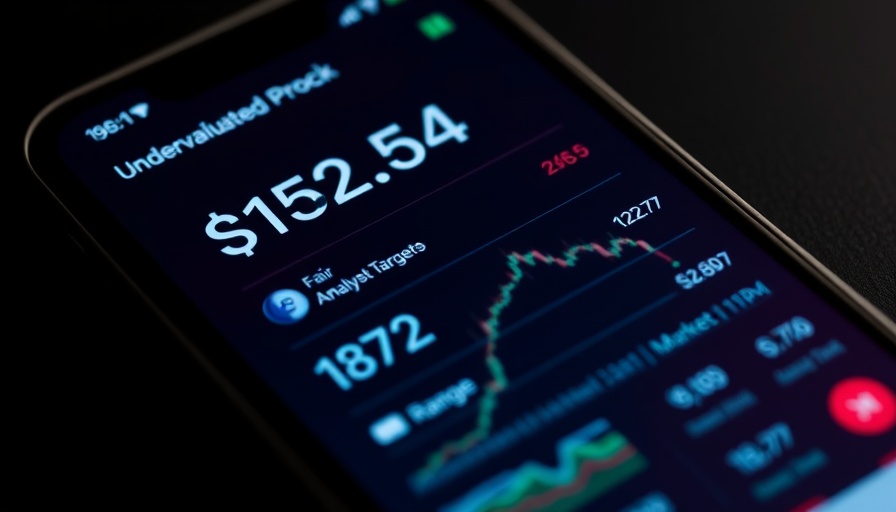
Bangladesh's Strategic Move: Ordering 25 Boeing Planes
Dhaka has made headlines with its recent decision to purchase 25 aircraft from Boeing, ramping up imports of significant American goods. This initiative aims to alleviate tensions stemming from the tariffs imposed on Bangladesh by the Trump administration, a move that represents more than just an aircraft deal—it's part of a broader economic strategy. The country's Commerce Secretary, Mahbubur Rahman, indicated, "We need new aircraft urgently, possibly within the next couple of years," reflecting the urgency of this purchase amid growing economic pressures.
Navigating Trade Pressures with Boeing
The decision to increase the order from an initial 14 planes to 25 comes as Bangladesh grapples with a staggering $6 billion trade deficit with the U.S. This deficit is partly attributed to the looming threat of a 35% tariff hike, a possibility that could severely impact the competitiveness of Bangladesh's vital garment industry, one of the largest in the world. The garment sector not only serves as a cornerstone of Bangladesh's economy but also employs millions. Therefore, the government’s proactive steps to mitigate these trade barriers are crucial for maintaining its export strength.
The Broader Economic Context: U.S. Trade Relations
This aircraft acquisition coincides with various efforts by Bangladesh to balance its trade relationship with the U.S. As bilateral relations evolve, understanding the dynamics of these trade tariffs becomes pivotal. The past years have seen tensions in trade practices, but Bangladesh's actions display a commitment to fostering better trade relations while ensuring economic sustainability. By investing in American products, Bangladesh seeks to soften the adverse impacts of trade tariffs and ensure continued access to U.S. markets.
Potential Repercussions on the Stock Market
This maneuver could have significant ramifications for investors in both Bangladesh and the U.S. The story underscores not only the complexities of international trade but also potential shifts in stock market dynamics. As investors observe the unfolding scenario, they may recalibrate their strategies regarding manufacturing stocks, especially in the aerospace sector. Keeping abreast of such international developments can provide valuable insights for portfolio diversification and risk management in investing.
Investment Strategies in Light of Global Economic Trends
Investors should take note of the broader implications of such trade actions. For example, trends in ETF investing focusing on global industries may shift as markets become more intertwined. The pressure of economic indicators and tariff policies will prompt conscientious assessment of international investing strategies. Understanding the flow of imports and exports can help guide investment decisions across various sectors, from technology stocks to consumer goods.
Future Predictions on Trade Tariffs and Its Effects
Looking ahead, it is critical to consider how the U.S.-Bangladesh trade dynamics will evolve. Trend watchers predict that trade tariffs may either stabilize or fluctuate based on geopolitical shifts. Investors might want to build resilient portfolios that can withstand potential shocks from tariff changes or stock market volatility. Diversified approaches, such as incorporating both growth and value investing strategies, can be beneficial amidst such uncertainties.
Actionable Insights for Investors
With the current state of international trade and U.S. tariffs in mind, here are some actionable insights: 1) Keep an eye on geopolitical developments as they can influence market conditions. 2) Consider investing in sectors that may benefit from increased American imports, such as aerospace, or sectors that offer inflation protection investments. 3) Strengthen your understanding of fundamental analysis and market timing, as ongoing trade relations will affect stock market trends.
Summary and Call to Action
The steps taken by Bangladesh to order 25 Boeing planes exemplify a significant move in the context of international trade relations and economic strategy. As investors, understanding the ripple effects of such developments on the market can inform wise investment choices. Now more than ever, it is essential for investors to stay informed about global economic indicators, adjust their investment strategies accordingly, and consider potential impacts on their portfolios. Engage with investment education resources to further enhance your knowledge in this evolving economic landscape.
 Add Row
Add Row  Add
Add 



Write A Comment